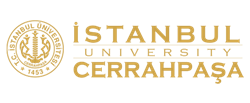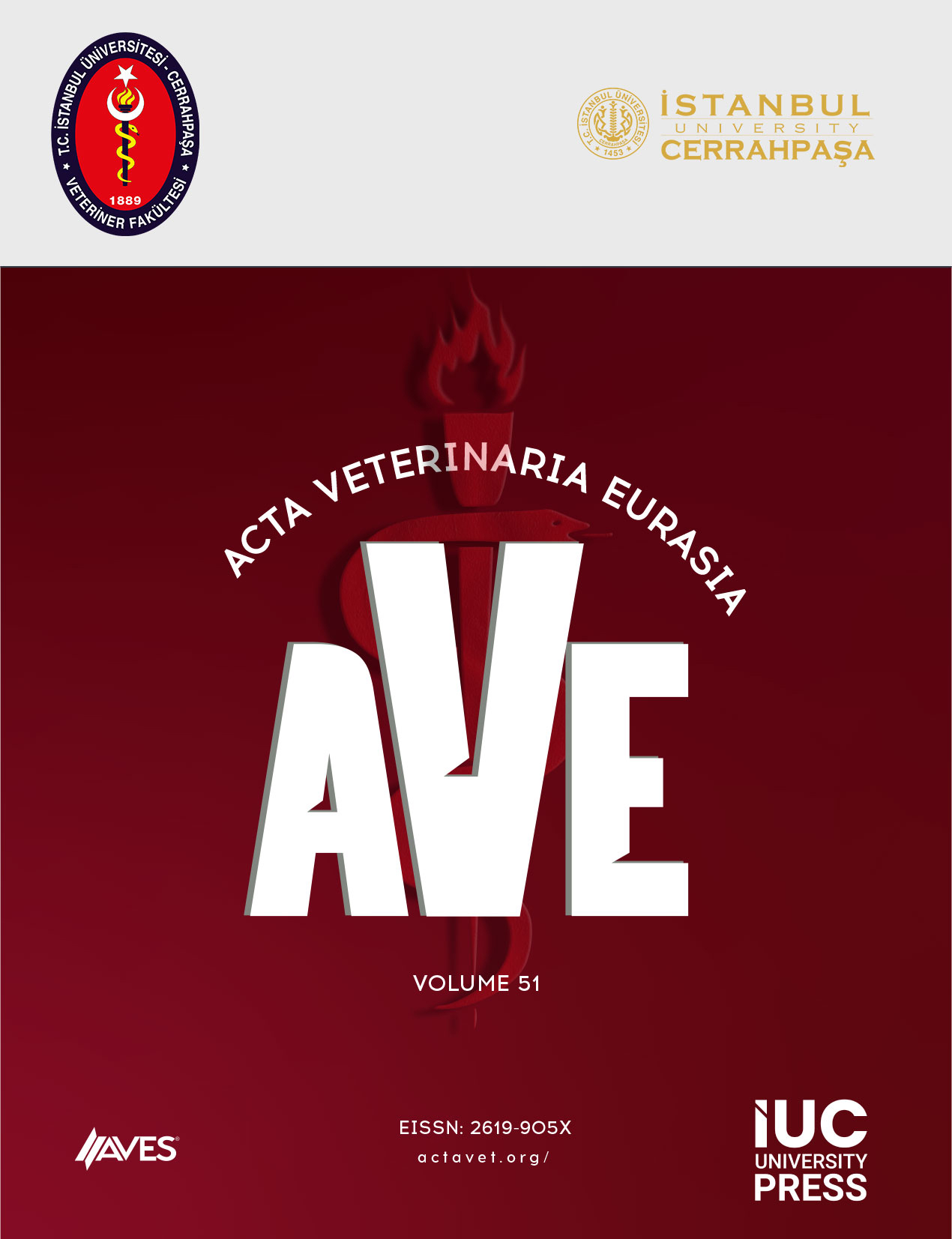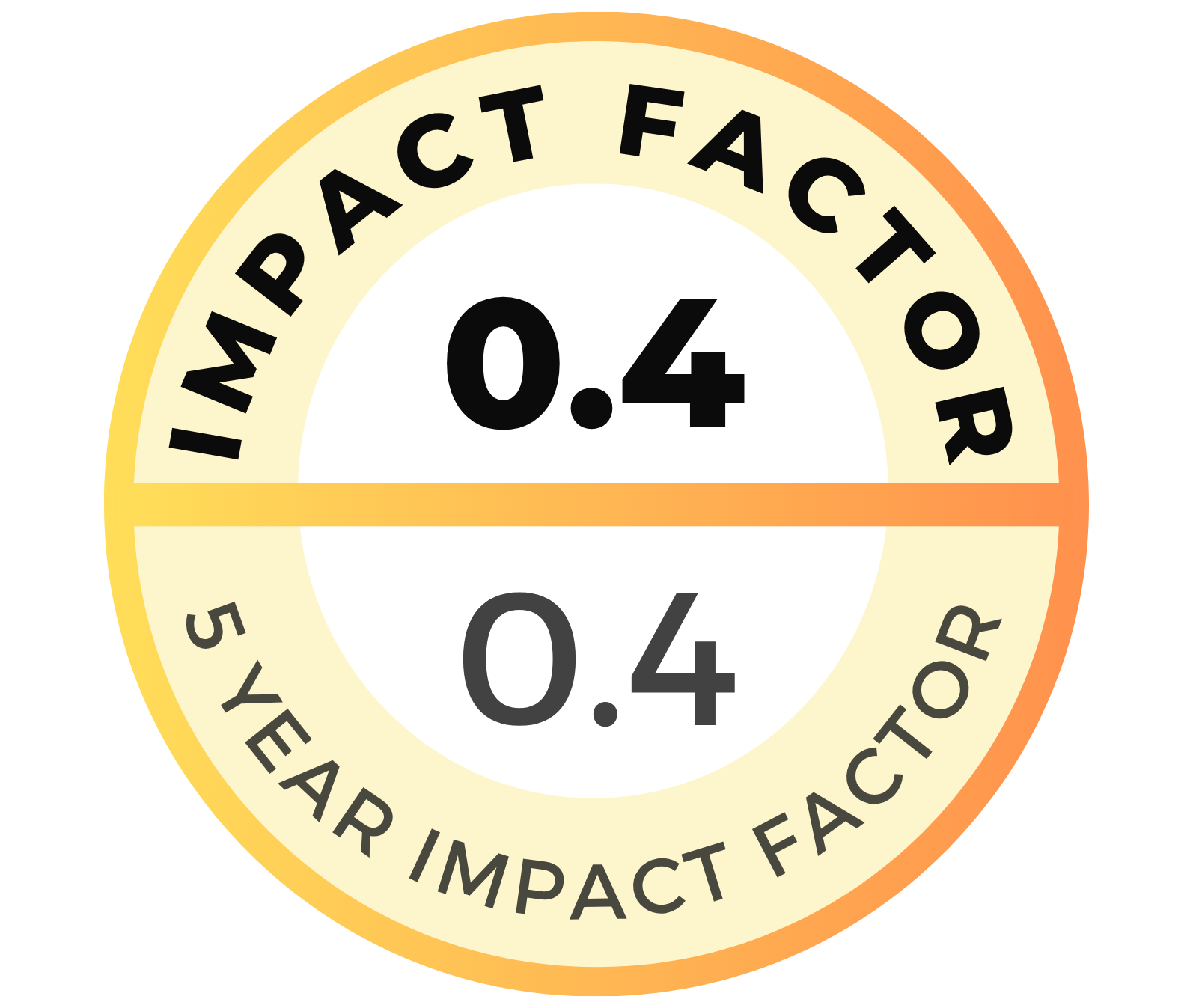This study was planned to determine the microbiological quality and the physical dirtiness in recycled demijohns used in a drinking water filling facility. For this purpose, a total of 388 polycarbonate, recyclable demijohn samples (19 L) were obtained from the facility during the spring and summer seasons (March-August 2009) periodically. All demijohs were examined physically for the presence of dirt, and if present, the dirt samples were analyzed for total mesophilic aerobic bacteria. Additionally, all demijohns were analyzed for the presence of total mesophilic aerobic bacteria, Staphylococcus aureus, Escherichia coli and coliform bacteria. As a result, 91 (23.45%), 8 (2.06%), and 37 (9.53%) out of 388 demijohn samples were found to be contaminated with coliform bacteria, E. coli and, S. aureus,respectively. Also, physical dirtiness was detected in 77 (19.84%) samples examined. In conclusion, the physical dirtiness increases the microbiological levels at certain rates in recycled demijohns and also negatively influences the effectiveness of cleaning and disinfection processes. Results of this study indicate that, the recycled polycarbonate demijohns are the main contamination source of water and the hygienic quality of drinking water is closely related with the cleanliness of demijohns.





.png)